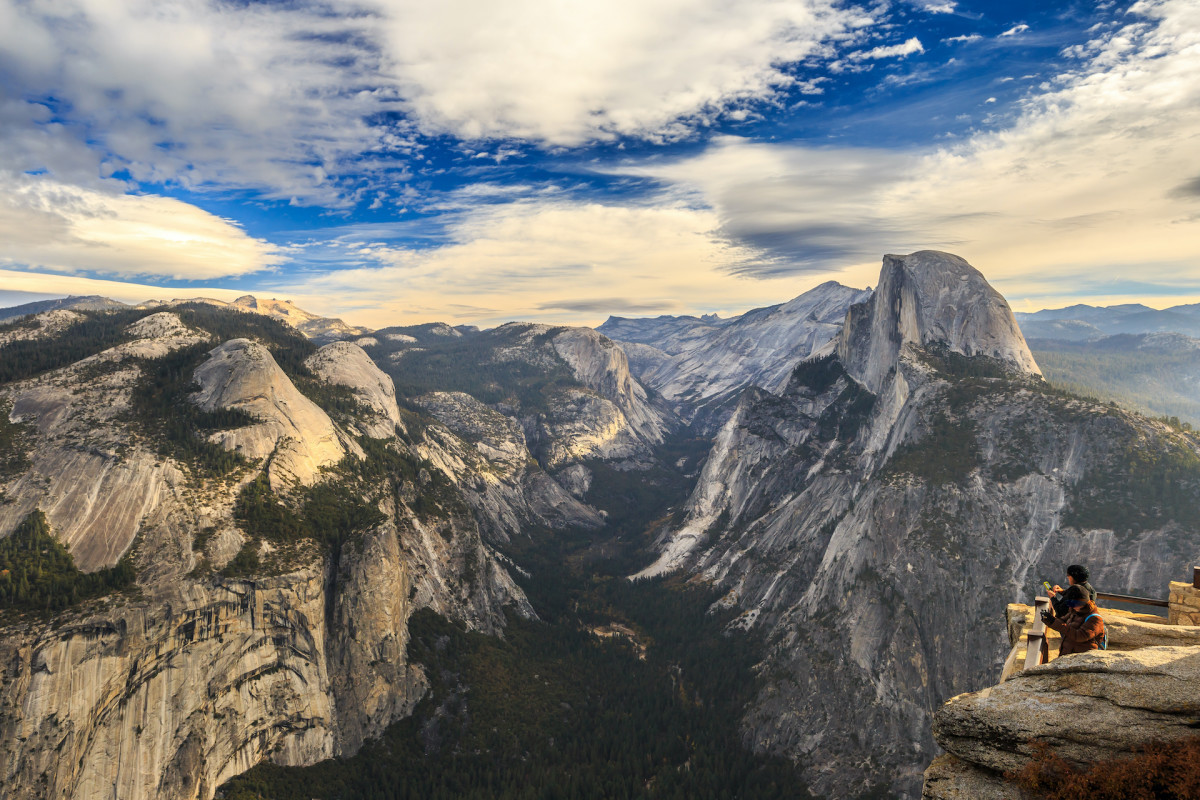
While Theodore Roosevelt established the National Park Service (NPS) in 1916 with the goal of making some of the country's best national resources both better-recognized and accessible to the wider public, the high numbers of visitors we see now have created new challenges for remote parks that often have limited resources to clean up and protect from the impact of millions of visitors passing through.
To be able to judge the busiest times and block off visitors if the park gets too crowded, certain national parks have started testing a timed-entry slot system as far back as 2017. In 2024, parks including Glacier, Yosemite and Rocky Mountain have been requiring visitors coming by car to register during the popular summer months. A registration usually also costs a nominal fee of several dollars.
Related: A national park is fighting back on all the bad reviews
The good news is that several of the national parks that introduced such systems for the summer of 2024 have now reverted back to being able to just drive up whenever one feels the desire.
These are the national parks to no longer require reservations in 2024
Acadia, Yosemite, Mount Rainier, Rocky Mountain, Arches and Glacier national parks are all going back to not requiring reservations for the rest of 2024. In some cases the restrictions have already been lifted, while Yosemite and Arches will do so on Oct. 27 and 31, respectively.
Yosemite is also currently accepting public comment on how the timed-entry system worked this summer and whether to bring it back in 2025. For those who want to weigh in, one can find the link of upcoming virtual committee meetings open to the public on Yosemite's website.
More on national parks:
- Multiple national parks warn of similar danger
- Watch Out: This national park is officially the country's deadliest
- One of the biggest crimes committed in a national park is solved
"Before making a decision about summer 2025, we will consider both the results of this year's reservation pilot as well as public comments on the draft plan," the branch of NPS representing the California park writes on its website. "We will announce details on a reservation system (if any) for summer 2025 later this fall."
Related: Get the best cruise tips, deals, and news on the ships from our expert cruiser
Here is why the restrictions are likely to make a return in 2025
The national park that will require reservations the longest is Utah's Arches National Park. The first day when one can drive up without registering is Nov. 1; the timed-entry system generally does not apply to those coming by foot or, with the exception of parks like Yosemite which also require a reservation for passing through the park, being dropped off.
The registration requirements will likely come back in the summer of 2025 as their lifting has to do with naturally dropping traffic in the autumn months rather than a substantial change to visitor numbers overall.
The issue is fairly controversial among visitors, as some like having the places they come to visit less crowded while others see it as fundamentally against the national park concept of being open to all.
"Visitor crowding and congestion at RMNP have led to increased negative impacts to visitor and staff safety, resource protection, visitor experience and operational capacity," Rocky Mountain National Park's NPS branch wrote when announcing the registration requirement back in May. "The park has piloted various visitor use management strategies, including managing vehicle access in highly congested areas on a first-come, first served basis (that) had some limited success initially but over time began to lose effectiveness."
Related: Veteran fund manager sees world of pain coming for stocks







